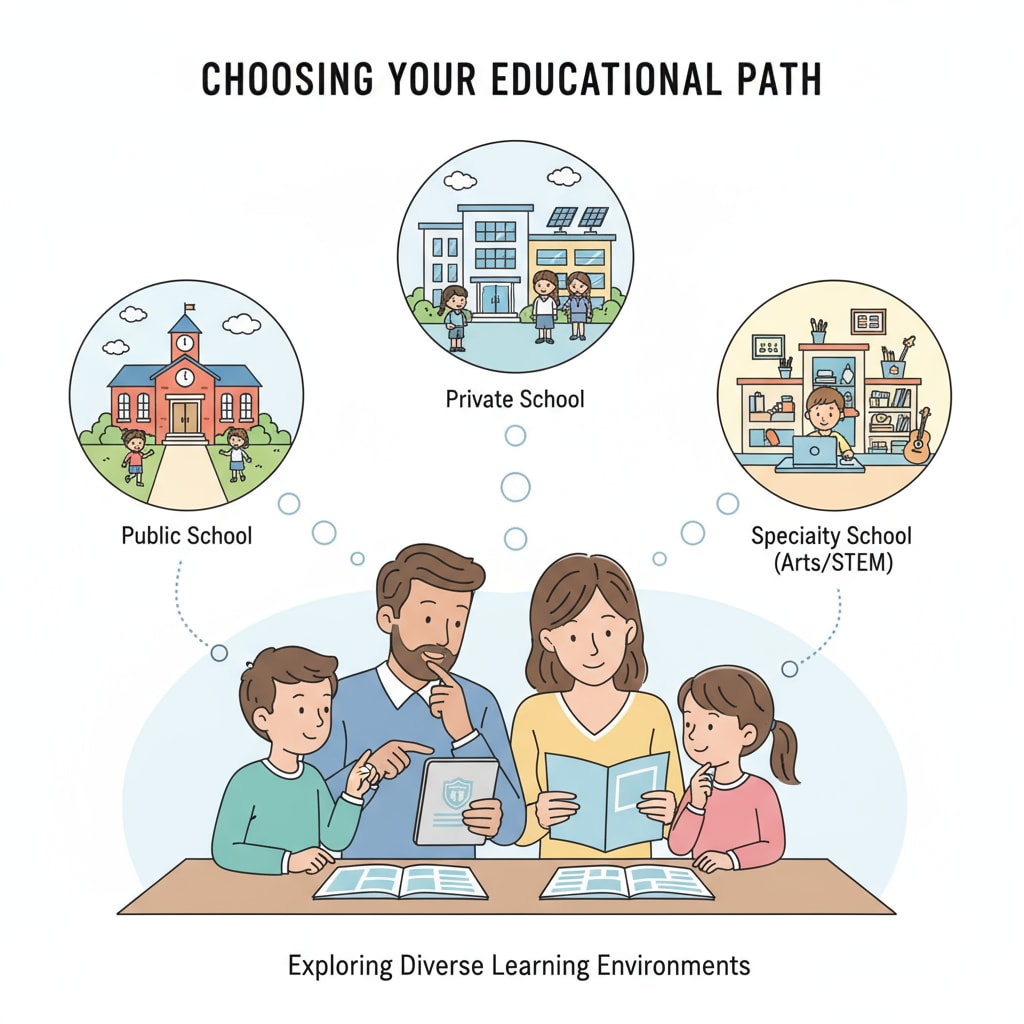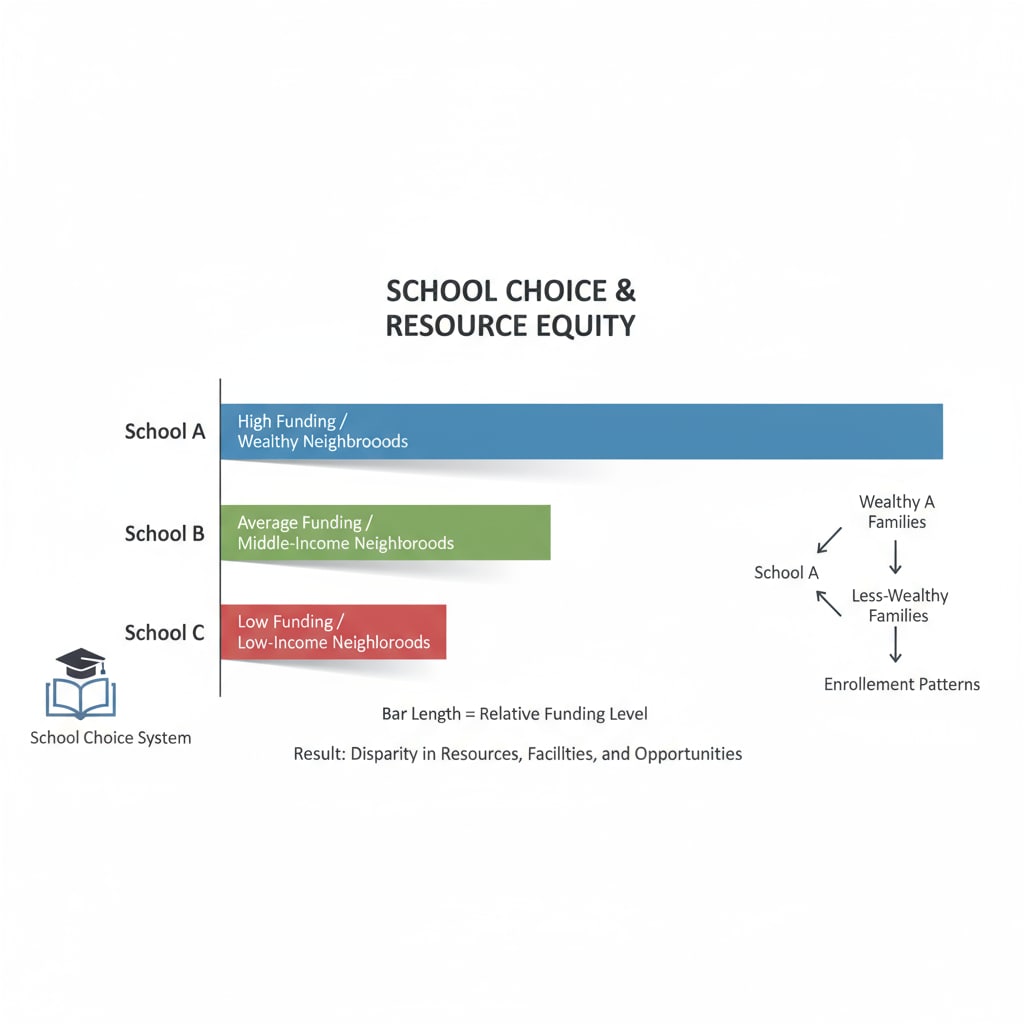The school choice, political controversy, and education policy are intertwined aspects that have been at the forefront of educational discussions. The school choice system, a policy that allows parents to select the school their children attend, has both proponents and opponents, leading to significant political debates. This article delves into the concept of school choice, the reasons behind its political hot-button status, and the various dimensions of the controversy it has generated in different countries, particularly the United States.
Understanding School Choice
School choice is an educational concept that expands the options available to parents when choosing a school for their children. Instead of being restricted to the neighborhood school based on geographical location, parents can select from a range of educational institutions, such as charter schools, magnet schools, private schools, or virtual schools. This policy aims to empower parents with greater educational decision-making authority, believing that they are in the best position to determine what type of education suits their children’s needs. For example, a parent might choose a charter school that offers a specialized curriculum in science and technology if their child shows a strong interest in these fields. School choice on Wikipedia

The Root Causes of Political Controversy
One of the main reasons school choice has become a political flashpoint is the concern over educational equity. Critics argue that school choice can exacerbate existing inequalities in the education system. Wealthier parents may have more resources and information to access better schools, leaving disadvantaged students in underperforming neighborhood schools. Additionally, issues related to resource allocation come into play. When students transfer to different schools, it can disrupt the financial and resource distribution in the original schools. Moreover, ideological differences also fuel the controversy. Some believe that certain types of school choice, like vouchers for private schools, may promote specific religious or ideological agendas. School choice on Britannica

The implementation of school choice in the United States has been met with a complex web of controversies. On one hand, proponents see it as a way to introduce competition into the education system, which can lead to improved educational quality. Charter schools, for instance, are often lauded for their innovative teaching methods and ability to cater to diverse student needs. On the other hand, opponents worry about the negative impacts on traditional public schools. As students leave for other options, public schools may face budget cuts and a decline in overall quality. The political divide on this issue is deep, with different political parties and interest groups taking opposing stances.
In conclusion, the school choice system is a complex educational policy that continues to generate significant political controversy. While it holds the promise of providing educational freedom and innovation, it also raises crucial questions about equity, resource allocation, and ideology. As the debate continues, it is essential to find a balance that ensures all students have access to a quality education, regardless of their background or circumstances.
Readability guidance: The content uses short paragraphs and lists to summarize key points. Each H2 section has a related list or clear explanation. The passive voice and long sentences are controlled, and transition words are added throughout the text to enhance readability.


